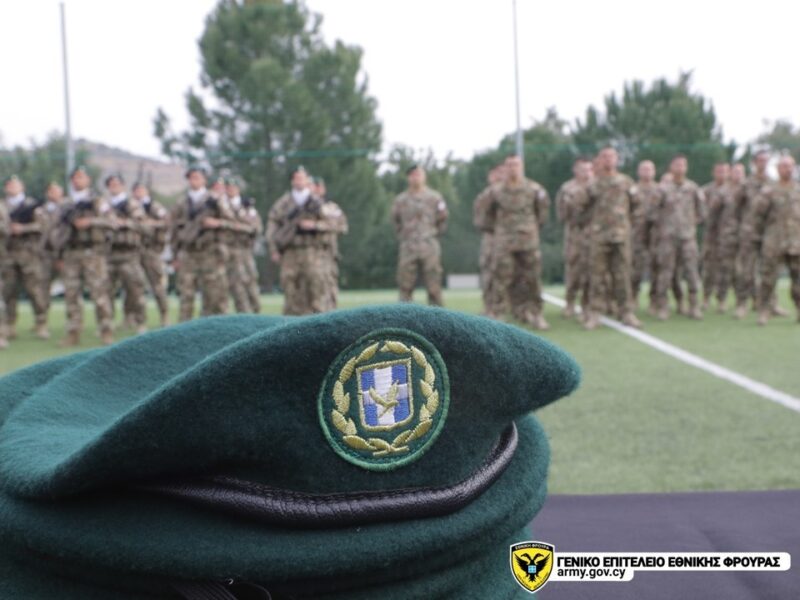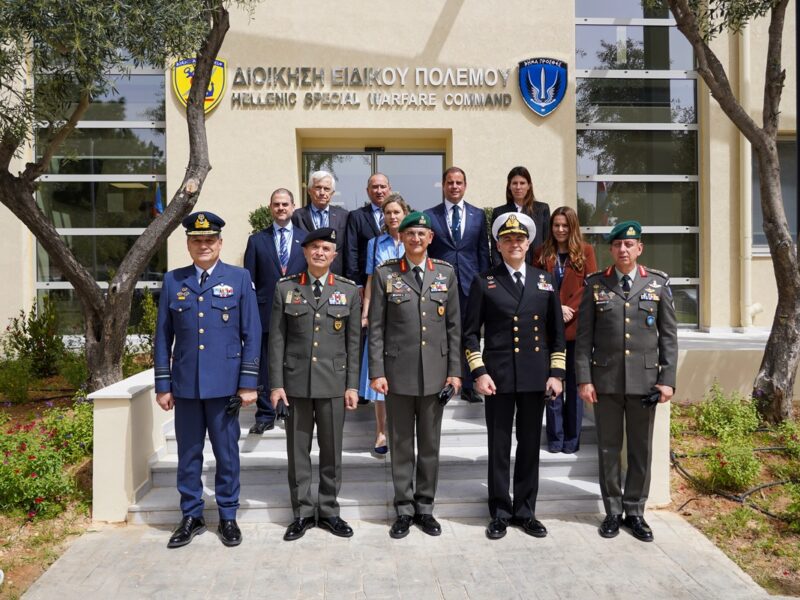Ankara has vowed to take over a border-era strip. Previous invasions forced the Kurds and other minorities to flee. Turkey wants to relocate its border with Syrian Arab refugees.
Turkey has threatened a new invasion of Syria similar to its invasion in October 2019 and the invasion of January 2018, which resulted in the widespread ethnic cleansing of Kurds, Yazidis and other minorities.
In comments this week, Turkish President Recep Tayyip Erdogan said Ankara was planning a new military operation.
This could lead to demographic change, as Ankara has pledged to return Syrian refugees, who are predominantly Arabs, to the “safe zone” it wants to create.
In the past, Ankara ‘s invasions have led Kurds and other minorities to be persecuted and forced to flee, and extremist groups have prevailed in Ankara – controlled areas.
Ankara’s far-right regime, which mixes extreme nationalism and religious fundamentalism rooted in the Muslim Brotherhood, has vowed to create a “safe zone” along the border.
This is similar to the “safe zone” he created in October 2019, when he evacuated 200,000 people and invaded eastern Syria.
At the time, Ankara had close ties to the Trump administration and got the green light in the White House to invade and attack the Syrian Democratic Forces, a US-backed group.
In a bizarre series of events, the US found itself opening the door to its “NATO ally” Turkey to attack the very people the US also trained to fight ISIS.
The White House has claimed that Turkey will fight ISIS and that the US will leave Syria.
The Trump administration has reversed its course due to reactions within both the government and Congress.
But the damage was done, a border area was destroyed and key civilians, such as Hevrin Khalaf, a young female political leader, were hunted down and killed by Ankara-backed extremists.
Ankara refers to the people of Syria as “terrorists”, a term Ankara uses for any critic or opposition member of the ruling AKP party.
This usually includes journalists, women’s rights activists, gay rights activists, young people, intellectuals, teachers, students, artists, Kurds, Yazidis, Christian minorities and others.
For example, in Afrin, a Kurdish region invaded by Turkey in Syria in January 2018, some 160,000 Kurds were expelled from their homes.
Yazidi temples were destroyed, cemeteries desecrated and the area later turned into an extremist hideout sent by Ankara to Syria.
Extremist groups, some linked to former Syrian rebel groups, have abducted women and been accused by the United States, the United Nations and others of human rights abuses.
This means that Ankara, which claims to be a “NATO ally”, supports extremists and terrorist-linked groups, while Ankara itself claims to be “fighting terrorists”.
Now, as Ankara’s ruling party faces elections next year, the road to more chaos in Syria appears to be paving the way.
Syria is already poor and people are recovering from ISIS crimes.
Ankara’s goal is to destabilize areas liberated from ISIS control and remove minorities from the border.
This historic ethnic cleansing is similar to what happened in Turkey after 1915 during the Armenian Genocide and the subsequent genocides and massacres of Christian communities in what happened in Turkey in the 1920s.
Ankara has done this again in Cyprus, when it invaded in the 1970s and drove the Greeks out of northern Cyprus.
The ethnic cleansing of Afrin and Sere Cania and other areas along the border in 2018 and 2019 changed historical settlement patterns, alienating indigenous minorities.
This is similar to what happened in the Balkans in the 1990s, except that Ankara used its NATO membership to claim that it needed “security” by removing minorities.
Ankara also supports extremist groups that frequently bomb Tel Tamr and Christian minority areas in eastern Syria.
Ankara is also bombing Sinjar in Iraq, an area inhabited by survivors of the Yazidi genocide.
Ankara has also bombed Christian villages in northern Iraq, claiming it is “fighting terrorists”.
Surprisingly, Ankara’s “war on terror” always seems to target minorities in the Middle East.
The threat of a new invasion comes as Ankara seeks to prevent Finland and Sweden from joining NATO.
These two democracies have now been threatened by the authoritarian government of Ankara that they must expel the dissidents and give in to Ankara’s demands, otherwise they will not be able to join NATO.
This strange turn of events means that NATO is now revolving around what Ankara wants.
NATO, a defense alliance, has been involved in Ankara’s invasions and abuses in Syria.
“We will soon take new steps on the unfinished parts of the project we started in the 30-kilometer-deep safe zone we have created along our southern border,” the Turkish president said this week.
Ankara’s threats come in the wake of Turkey’s attack on the Greek prime minister and also on the United States to ease US sanctions on eastern Syria.
Clearly, Ankara is now shifting policies from trying to reconcile with Greece to promoting new threats.
He continued this policy until the election of US President Joe Biden and then Ankara changed course.
This is due to the fact that the ruling party of Turkey has representatives of pressure in Washington, including the influence in many important centers of thought, which sought influence in the Trump administration.
In those days, the Ankara lobby claimed that Turkey was an ally against Russia and Iran, even when Ankara bought the Russian S-400 system and cooperated with Iran.
Now, Turkey is in the spotlight because of the crisis in Ukraine, as Ankara seems to be cooperating with Russia and also Ukraine.
Turkey also wants to acquire more US warplanes, but is angry that some countries have imposed sanctions on Turkey for abuses in Syria.
Ankara jumped in 2021 to try to reconcile, first with Egypt and the United Arab Emirates, as well as with Israel, hoping to make new friends in Washington through these new policies.
For example, Ankara has mobilized its embassy in the United States to cooperate with pro-Israel voices and hopes that through cooperation with Israel it can gain a new invasion.
To that end, Ankara has invited Israeli President Isaac Herzog for a visit earlier this year and has briefed Israel, including on its foreign minister’s mission to Israel this week.
The question that remains is whether Ankara will try to trade Finland and Sweden, which are joining NATO, for another white NATO check for its “security”, which means a new invasion.
Ankara, like Russia, tends to argue that for “security” it must invade other countries and make people leave.
Russia used this excuse to invade Ukraine.
It is unclear whether the Biden government will respond to Ankara’s threats.
Last year, Ankara also promised a new invasion but withdrew in November 2021.
Will it recede again? It is not clear, but Ankara has vowed to expel millions of Syrian refugees and it seems that Ankara believes it can achieve two goals simultaneously:
Evacuation of Syrian refugees and destruction of Kurdish-controlled areas of Syria, reinforcing populism at home while harming opponents abroad.
Turkey could also try to undermine new US initiatives in eastern Syria and use it to blackmail NATO at the same time.
It is not clear whether Ankara can really do all this, but it will probably try.


